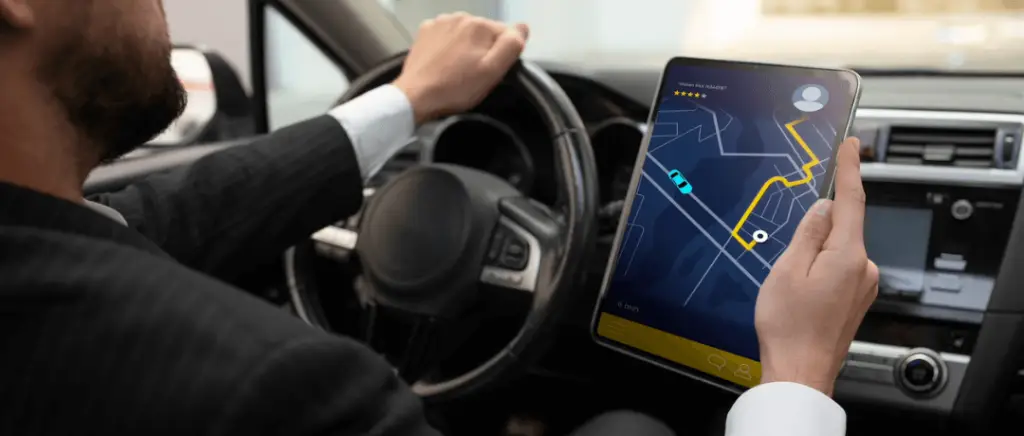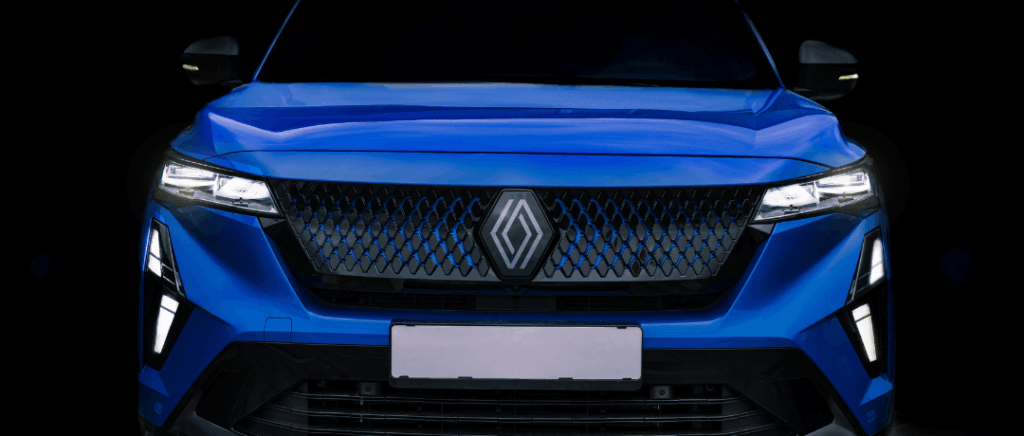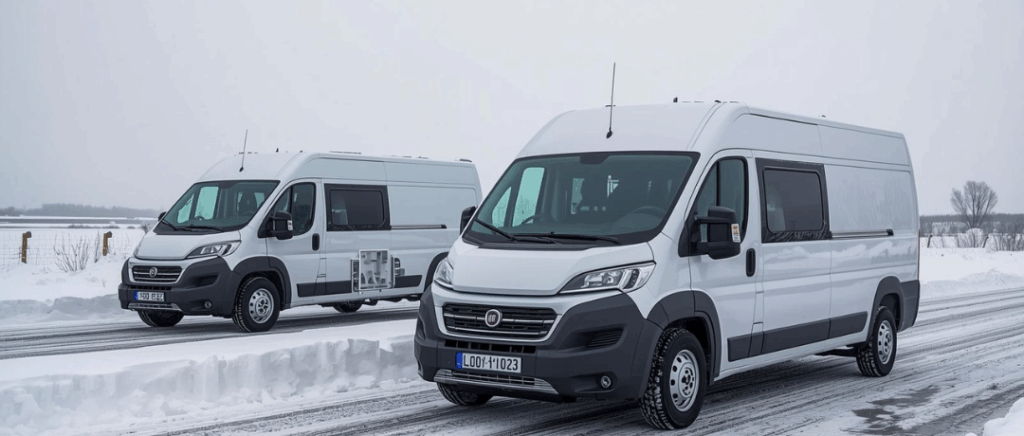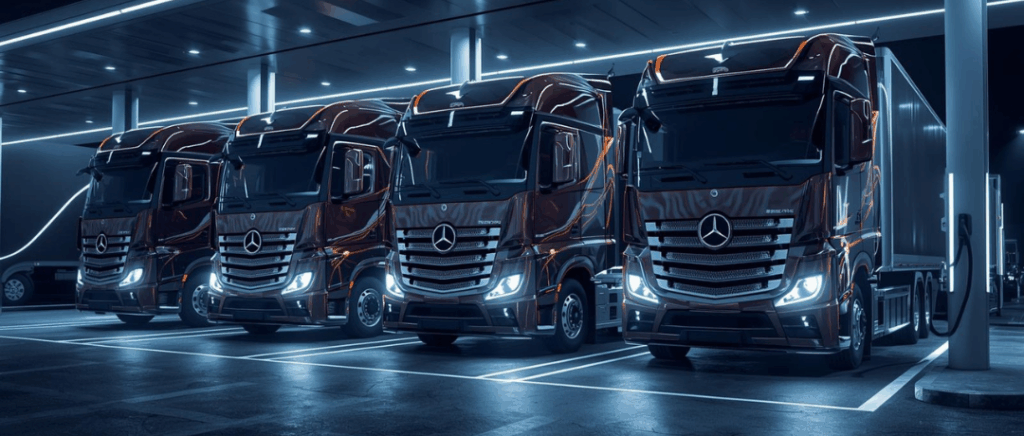Monday to Friday
9am - 12.30pm - 2pm - 7pm
Electric cars: a sustainable solution for professionals?
At a time when sustainability has become a major concern, the electric car is gradually emerging as an attractive option for professionals looking for environmentally-friendly means of transport.
Environmental benefits of electric cars
Electric vehicles have gained in popularity in recent years because of their reduced environmental impact compared with combustion-powered vehicles. In January 2023, 27,003 electric cars were registered, an increase of 41.3 % compared with the same period in 2022. By using electricity as their energy source, they produce no direct greenhouse gas emissions. This helps to reduce air pollution and mitigate the effects of climate change. For professionals concerned about their carbon footprintWith a fleet of electric cars, it's a wise choice.
What's more, electric cars offer better fuel efficiency than petrol vehicles. Petrol engines have an average efficiency of around 20 %, while electric motors achieve an average efficiency of 80 % to 90 %. This means that electric cars use a greater proportion of the energy in their engine than petrol cars. battery to propel the vehicle, reducing energy losses. Their electric motor converts a greater proportion of energy into movement, resulting in reduced energy consumption. Professionals can therefore make significant savings on fuel costs, helping to reduce their company's operating expenses.
Also read → Last mile: reducing the ecological impact
Financial savings with an electric car
Fuel aside (20 %s are more economical in terms of energy consumption), the use of electric cars also offers financial advantages for professionals. In France government incentives are offered in the form of subsidies or tax reductions to encourage the adoption of clean vehicles:
- environmental bonus
- exemption from annual taxes CO2 emissions and vehicle age
- VAT deduction
- reduction in property tax
- conversion premium
- exemption from TICPE (Internal consumption tax on energy products)
These incentives considerably reduce the initial acquisition cost of electric cars, making them more accessible to small and medium-sized businesses and tradespeople. Maintenance costs for electric cars are also lower than for petrol and diesel vehicles.
Electric cars have around 20 moving parts compared with 2000 for a internal combustion engine. This is mainly due to their simpler design (no internal combustion engine, gearbox or exhaust system). This reduces the risk of breakdowns and costly repairs. Professionals can therefore benefit from a more reliable fleet of vehicles and reduced maintenance costs, which helps to optimise their business.
Also read → 2023 tax benefits for electric vehicles
Charging infrastructure for professionals
An important aspect of the driving experience with electric cars is recharging infrastructure. Companies must have a network of charging stations easily accessible to ensure autonomy of their vehicles. Fortunately, the increasing deployment of recharging stations in urban areas and the development of fast recharging solutions are helping to make it easier for professional drivers to recharge their electric cars.
Some companies offer recharging solutions specifically designed for business electric vehicle fleets. These solutions include intelligent charging stations. They enable efficient management of recharging, taking into account working hours, drivers' individual needs and load balancing on the electricity grid. This ensures that vehicles are always ready for use, and that business trips can be made without worrying about range.
Also read → The use of connected charging points in companies
WB eHome Three-phase
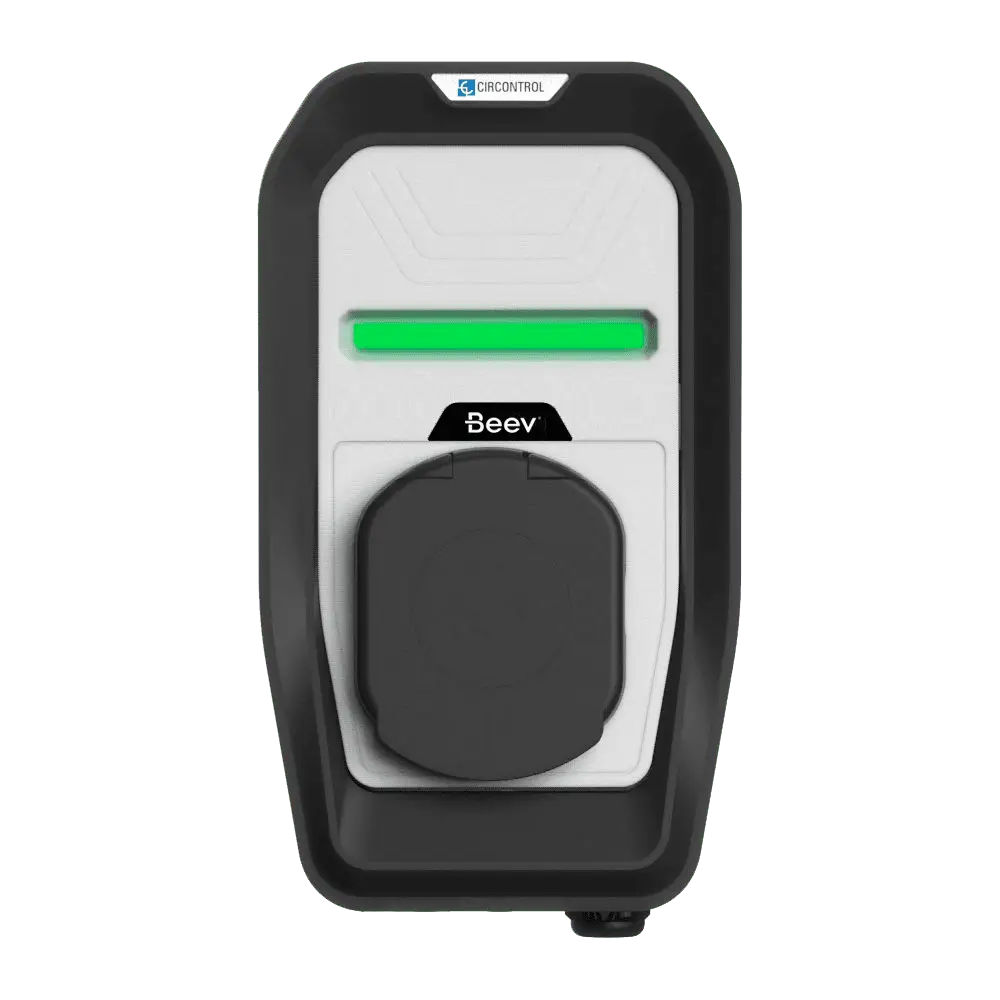
Charging power: 11 kW - 22 kW
Not connected
2.1 kg
An always-connected driving experience
With automotive connectivity becoming increasingly advanced, professional drivers can now benefit from a constantly connected driving experience, offering new possibilities and functionalities.
Connected fleet management
Automotive connectivity has revolutionised the management of business vehicle fleets. Thanks to advanced GPS tracking systems and connected fleet management software. Companies can :
- track the location of their vehicles in real time,
- monitor their use,
- plan the most efficient routes,
- optimise driver assignment.
This improves productivity, reduces waiting times and minimises the costs associated with professional driving.
Also read → Last-mile logistics: a challenge for businesses?
The Internet of Things (IoT) for advanced connectivity
The Internet of Things (IoT) refers to a system that enables physical objects (smartphones, cars, household appliances, sensors and other devices) to connect to the Internet and communicate with each other. These objects are generally equipped with sensors, actuators and software that enable them to collect and exchange data in real time with the environment and other connected devices, often via a wireless connection. The data collected is then stored on remote servers and processed to provide useful information to users.
IoT also plays a key role in the connected driving experience. The modern electric vehicles are equipped with sensors and IoT devices which collect and transmit a wealth of data in real time. This data includes information on vehicle performance, battery status, energy consumption, charge levels and more.
From electric saloons as the Tesla Model 3are fully equipped. This allows professionals to access data via online applications and platforms, enabling them to monitor and manage their vehicles effectively from a distance.
Integrated communication systems for optimum collaboration
The communication systems built into electric vehicles enable optimum collaboration between drivers and company staff. With features such as Bluetooth connectivity, hands-free calling and integrated messaging services, drivers can stay in constant contact with their team, receive real-time instructions and report any problems or needs for assistance. This improves communication efficiency and contributes to a smoother, more productive business driving experience.
On-board technology: advanced functions for professionals
Vehicles equipped with in-vehicle technology offer professionals powerful tools and customisable features that meet the specific needs of their business, enhancing their driving experience and professional performance.
Mobile applications for professional electric cars
Mobile applications dedicated to professional electric cars offer a wide range of functions to facilitate vehicle management and use. Thanks to their functionalities, drivers can optimise their driving experience by adapting vehicle settings to their preferences and planning their journeys efficiently.
Here are a few examples of mobile applications for professionals currently available on the market:
| Applications | Fonctionnalités |
|---|---|
|
|
|
Fleetio
|
|
|
Plugshare
|
|
Security systems and customised functions
Electric cars on board advanced security features. Systems such as
- parking assistance,
- automatic emergency braking,
- lane-keeping assist
- blind spot sensors help to reduce the risk of accidents and improve the safety of professional drivers on the road.
These features help to :
- prevent collisions,
- detect obstacles
- warn drivers of hazards, resulting in safer driving and a reduction in work-related accidents.
In-car technology also offers professional drivers the ability to customise their settings and preferences. Settings such as driver seat memory, personalised driving modes, audio preferences and individual comfort settings allow drivers to create a tailor-made driving experience that meets their specific needs. This customisation helps to increase the comfort, satisfaction and efficiency of professional drivers on the move.
Optimising business trips
Optimising business trips has become a major challenge for companies seeking to reduce costs, increase efficiency and improve driver satisfaction.
Connectivity solutions for businesses
To optimise business journeys, companies can make use of advanced connectivity solutions. This includes the use of integrated fleet management software to plan the most efficient routes, taking into account real-time traffic conditions, driver preferences and operational constraints. These solutions help to reduce journey times, save fuel and minimise the costs associated with professional driving.
Integrating productivity tools into electric vehicles
The professional electric vehicles can be equipped with integrated productivity tools to improve driver efficiency on the move. This can include features such as :
- synchronisation with professional calendars,
- access to e-mails and business documents,
- connectivity with online collaboration tools and more.
These tools enable drivers to remain productive while on the move and optimise their time.
Safety and monitoring of professional electric vehicles
The safety of professional electric vehicles is a major concern for companies. That's why advanced monitoring and safety systems are essential.
These systems use technologies such as :
- geolocation,
- motion sensors
- surveillance cameras to protect vehicles and their contents.
In the event of a theft or incident, companies can quickly locate the vehicle and take the appropriate measures to protect their assets. The American company Tesla for its electric vehicles l'AutopilotThese include an automatic emergency braking system, lane departure warning and blind spot monitoring.
Conclusion
Technology continues to transform the business driving experience with electric cars and vehicle connectivity. Drivers benefit from advanced features such as connected fleet management, IoT integration, dedicated mobile applications and customisable functionality.
These advances offer many benefits, including financial savings, safer driving, optimised business journeys and integrated productivity tools. Businesses can take advantage of these technologies to improve operational efficiency, reduce costs and deliver an optimal business driving experience for their employees. Ready to take the plunge? Contact our Beev experts if you have any questions. We'll get back to you within the hour.
